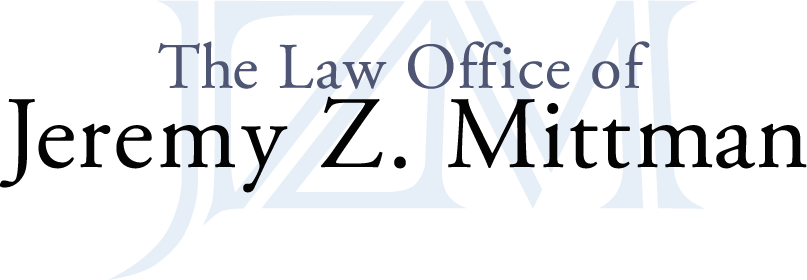A recent Supreme Court decision may allow creditors to access an inherited IRA to satisfy debt in the event of bankruptcy.
In the case of Clark v. Rameker, the Supreme Court unanimously decided against the Heidi Heffron-Clark and Brandon C. Clark, finding that an IRA that Mrs. Clark inherited from her mother in 2000 was not eligible for protection from creditors. The couple had filed for Chapter 7 bankruptcy in 2010, and identified the inherited IRA as exempt from the bankruptcy estate. It was valued at the time at $300,000.00.
The bankruptcy trustee and the couple’s creditors argued against the exemption, saying that the money in the inherited IRA was not considered “retirement funds.” The matter eventually went before the Supreme Court, where Justice Sonia Sotomayor illustrated three differences between traditional IRA holders and inherited IRA holders:
First, the inherited IRA cannot receive more investment money, whereas traditional and Roth IRAs can. Second, the tax code requires inherited IRA holders to withdraw the money, either taking all in the IRA within five years following the death, or taking minimum annual distributions each year. And third, inherited IRA holders may take all of the money out at any time, for any reason, without paying a penalty. Roth and traditional IRA holders, instead, are subject to a 10% penalty for withdrawals before age 59.5.
These three differences led the Court “to conclude that funds held in such accounts are not objectively set aside for the purpose of retirement.”
Eight states explicitly protect inherited IRAs from creditors: Texas, Florida, Ohio, Missouri, Alaska, North Carolina, Idaho and Kansas. For planners in the other states, this decision is giving them pause. Now, if you want to protect an IRA for a child, the only way to do so is to leave that IRA to a trust.
One recommendation is to use an accumulation trust, so that the trustee can opt to hold onto funds and not make any distributions. Another recommendation is a discretionary trust, one that is not subject to requirements that the funds be used for health, education, support and maintenance.
Additionally, an IRA inheritance trust may be an option, one which the IRS has permitted through a private letter ruling. The payments coming out of the IRA can then be stretched to the life expectancy of the beneficiary, while the trust provides protection in the event of a divorce or bankruptcy. For trusts, the beneficiary of the IRA should be the trust itself, and not the surviving child or spouse directly.
A spouse who inherits directly can always roll that money over into her own account. Following this opinion, survivors now have to decide if it is better to inherit or rollover? But once a spouse rolls over that IRA into his or her own, it is still unclear whether and how the bankruptcy code will protect the funds. The bankruptcy code does permit spousal rollovers to be qualified, but there is a question of whether the IRA loses its qualification as a retirement fund once it is inherited.
Based on this new Supreme Court ruling, it now becomes incredibly important for financial advisers to get the lawyers and CPAs involved well in advance of someone’s death.
